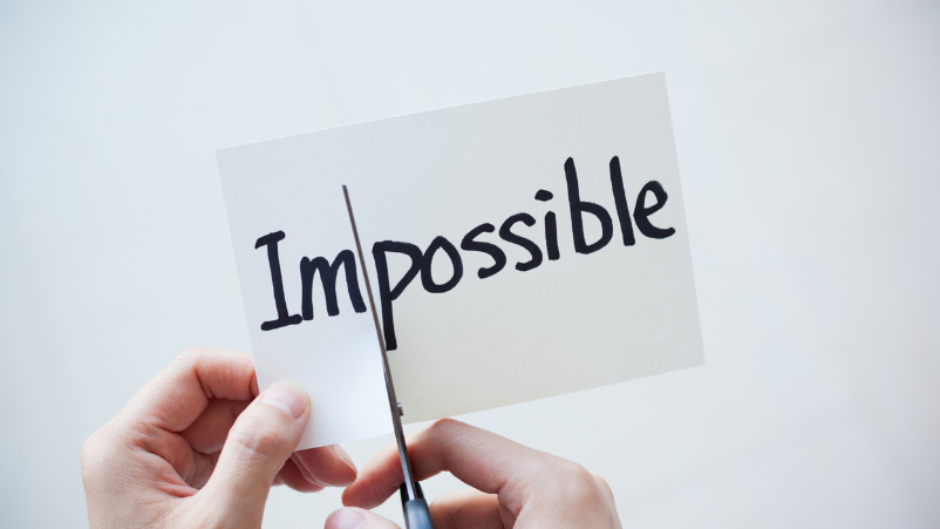
Last year, I touched upon the topic of The Psychology of Fundraising. I reiterated that I would likely be a much better fundraiser if I had a degree in Psychology. The essence is that a good fundraiser needs to focus on why someone would give more than how someone could give. Today’s blog will tackle the fact that we come with preconceived notions as fundraisers (and humans), which could derail our fundraising efforts. These notions, or biases, make us our own worst enemy. The key to success is to identify these biases and work to minimize their effect.
Seven Types of Cognitive Bias — the Enemy Within
Cognitive Biases are tools that your brain uses all of the time. If there is something familiar, we go with it. Our brains get to the “conclusion” much quicker than if this was a new circumstance. But, we often unconsciously place current events into the brain using biases without even realizing it. Below are seven biases that I have come across, but obviously, there are many more.
1 — The Confirmation Bias
This bias favors information that conforms to your existing beliefs or expectations. We say this occurs when speaking of politics and religion, and science. In the fundraising world, this translates as donors reacting as expected (through Direct Mail, donating the same gift annually, etc.)
2 — The Optimism Bias
This bias is where you overestimate what is possible and underestimate the potential risk. As fundraisers, we may see other organizations excel at running an event. The Optimism Bias may have our organization try to replicate the event without having the proper resourcing. That said, a healthy dose of optimism is what helps us to stay motivated.
3 — The Projection Bias
This bias is where you overestimate how others view you and assume they agree with you. In the fundraising world, this would be the assumption that a prospect will support your cause. You may not have done enough homework concerning the prospects’ interests, or you may not be listening enough to the prospects’ priorities.
4 — Preference Bias
This bias is very dangerous. It is when you obsess about some things and ignore other critical factors. Usually, when something “goes off the rails,” hints have been dropped along the way. Rarely does it derail out of the blue. I have seen fundraisers focus on acquiring new donors at the expense of looking after their existing donors. This is also where I have seen boards get unfocused. Most board members do not happily engage in fundraising but are energized and have many opinions on a new corporate logo or mission statement.
5 — Negativity Bias – our Worst Enemy
This bias is when you remember and obsess about what went wrong and forget what went right. It is human nature to remember what went wrong more than what went right (we often learn more from our mistakes). But this negativity creates a massive turnover in our profession. We do not celebrate successes as we should. Often a great success becomes the baseline for future expectations. At some point, we will be unsuccessful. Remember that noble failure is not the enemy.
6 — Perfection Bias
This bias is when you cannot settle for anything less than perfection from yourself and others. In other words, this is a recipe for disaster as nobody is perfect.
7 — Control Bias
This bias is when you believe that you need to retain control over the outcome to be successful. I have often said that fundraising is donor-centered. It is about the donors’ needs. Where the donors’ needs and the organizations’ needs intersect is the sweet spot. The donors drive the agenda, while fundraisers facilitate the process. I have already started to receive the “Last Chance to Donate” mailers from charities. Really? Won’t the organization gladly accept a donation from me in mid-January?
The key to conquering (or at least minimizing) the biases is to be mindful that they exist. Some call this being self-aware. It is unrealistic to believe that you can conquer these biases — I think they are hard-wired in your brain through years of personal experiences. But, I believe you can try to mitigate their harmful effect — by putting the enemy to rest.
Until next week.
L’chaim,
jack



